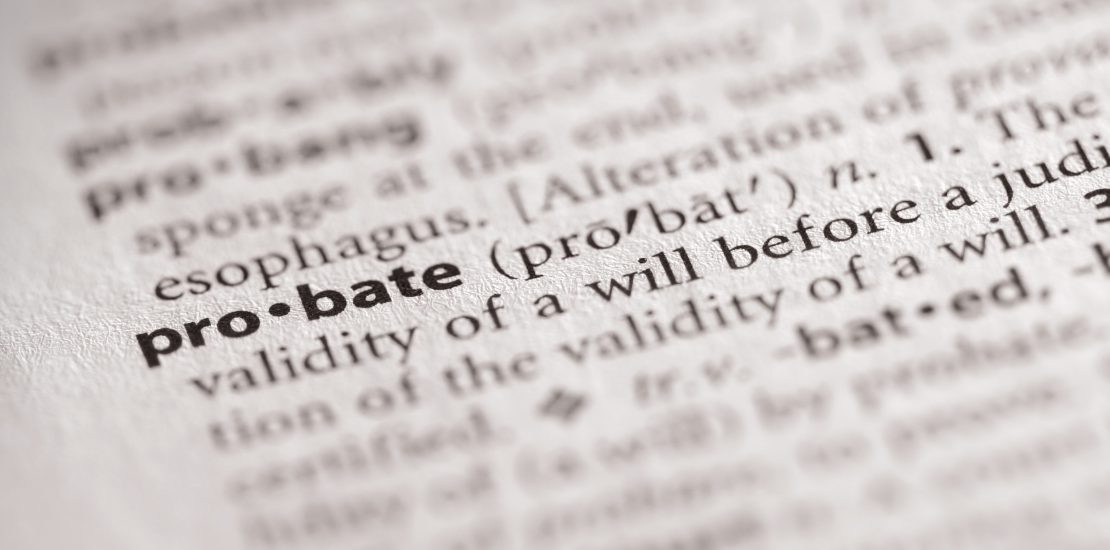- 17th October 2023
- Posted by: Quartz Barristers
- Category: News, Probate

What is probate, and why might you need a probate barrister?
Probate is the legal process of administering the estate of a deceased person, ensuring that their assets are distributed according to their will or, if there is no will, according to the applicable laws of intestacy.
A barrister can play a crucial role in supporting a probate case by providing legal expertise and representation. Here are ways a barrister can support a probate case:
Legal Advice
Interpretation of Wills: A barrister can assist in interpreting the language of the will to ensure a clear understanding of the deceased person’s intentions.
Intestacy Rules: If there is no will, the barrister can provide advice on how the deceased person’s estate will be distributed according to the intestacy rules.
Contested Probate
Challenges to the Will: If there are disputes or challenges to the validity of the will, a barrister can provide representation in court.
Claims by Disappointed Beneficiaries: If a potential beneficiary is dissatisfied with their share or has been excluded, a barrister can represent their interests.
Court Representation
High Court Proceedings: In more complex cases or when disputes arise, a barrister can represent the estate or interested parties in the High Court.
Probate Disputes: A barrister can present arguments and evidence in court to resolve disputes related to the distribution of assets or the interpretation of the will.
Mediation and Alternative Dispute Resolution (ADR)
Negotiation and Mediation: A barrister can assist in negotiating settlements or represent clients in mediation to resolve disputes outside of court, which can be a faster and less costly alternative.
Advising Executors and Administrators
Legal Responsibilities: A barrister can advise executors and administrators on their legal responsibilities and guide them through the probate process.
Liabilities and Risks: If there are potential liabilities or risks associated with the estate, a barrister can guide how to address them.
Drafting Legal Documents
Legal Submissions: Barristers can draft legal submissions and documents required for court proceedings.
Dispute Resolution Agreements: If a settlement is reached, a barrister can assist in drafting legally binding agreements to formalize the resolution.
Appeals
Appealing Decisions: If there is dissatisfaction with a court decision, a barrister can advise on the feasibility of an appeal and represent the party in the appellate process.
It’s important to note that the involvement of a barrister in a probate case may depend on the complexity of the matter and the presence of disputes. In less contentious cases, a solicitor may handle the probate process, while a probate barrister may be engaged for specific legal representation when needed.
Why might you need a barrister to support probate proceedings?
Engaging a probate barrister to support probate proceedings can be beneficial for several reasons, especially in situations where the probate process is complex or disputes arise. Here are some common scenarios where a barrister’s involvement may be necessary or advantageous:
- Legal Expertise:
- Probate involves legal processes, and having a barrister ensures that you have access to a legal professional with specific expertise in probate and estate law. They can provide advice on the interpretation of wills, applicable laws, and complex legal issues that may arise.
- Disputes and Contested Wills:
- If there are disputes among beneficiaries, challenges to the validity of the will, or claims against the estate, a barrister can provide representation in court. They can present legal arguments, cross-examine witnesses, and navigate the complexities of contested probate matters.
- High Court Representation:
- In more complex cases or when matters escalate to the High Court, having a barrister becomes crucial. They are trained advocates who can present cases in a court of law, ensuring that legal arguments are effectively communicated and defended.
- Legal Proceedings and Litigation:
- If the probate case involves legal proceedings, litigation, or the possibility of court appearances, a barrister can handle the advocacy aspect. They can draft legal documents, provide representation in court, and navigate the legal process on behalf of their clients.
- Mediation and Alternative Dispute Resolution (ADR):
- Barristers are skilled negotiators, and their involvement can be crucial in mediating disputes between parties without resorting to court litigation. A barrister can facilitate negotiations, help parties reach settlements, and ensure that agreements are legally sound.
- Complex Estate Issues:
- Some estates may have complex issues, such as multiple properties, businesses, or international assets. A barrister can provide legal guidance on how to handle these complexities and ensure that the estate is administered according to the law.
- Legal Representation for Executors:
- Executors, who are responsible for administering the estate, may benefit from legal advice and representation. A barrister can guide executors through their legal responsibilities, help address challenges, and provide support in fulfilling their duties.
- Appeals and Higher Courts:
- If a decision in the probate case needs to be appealed, a barrister can handle the appeal process. They have the experience and expertise to navigate higher courts and present compelling legal arguments on behalf of their clients.
- Ensuring Compliance:
- Barristers are knowledgeable about legal procedures and requirements. Their involvement can help ensure that all aspects of the probate process comply with the relevant laws and regulations.
While solicitors often handle the administrative aspects of probate, a probate barrister is more focused on providing specialised legal advice, representation, and advocacy. The decision to engage a barrister in probate proceedings depends on the specific circumstances of the case and whether legal complexities or disputes necessitate their expertise.
Where to find a probate barrister
Arrange a free telephone consultation to discuss your matter further
Claire Litchfield – We can never thank you enough for all that you have done, you were amazing at court today; you have been a great blessing to us. Thank you.
